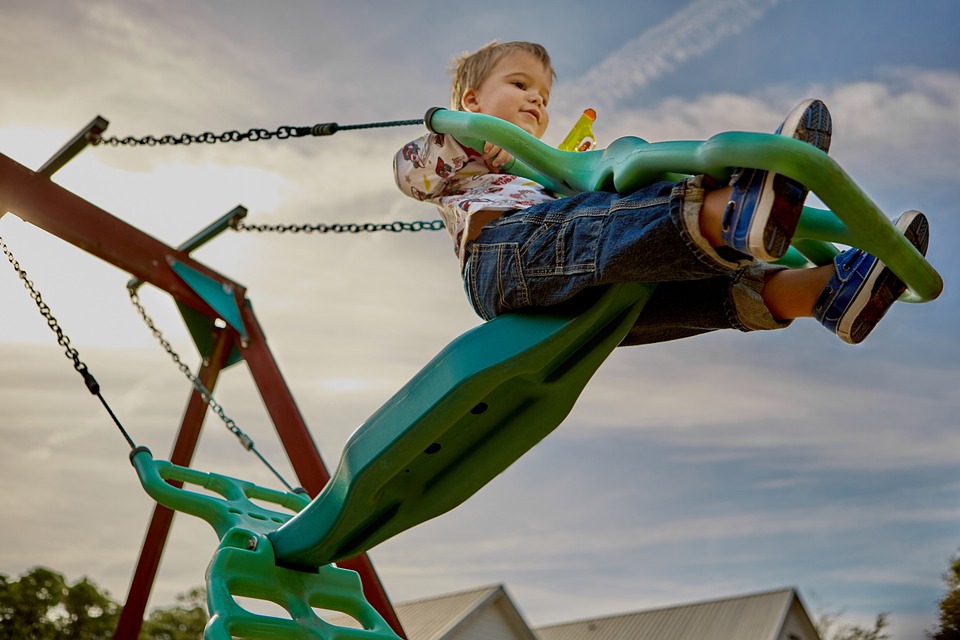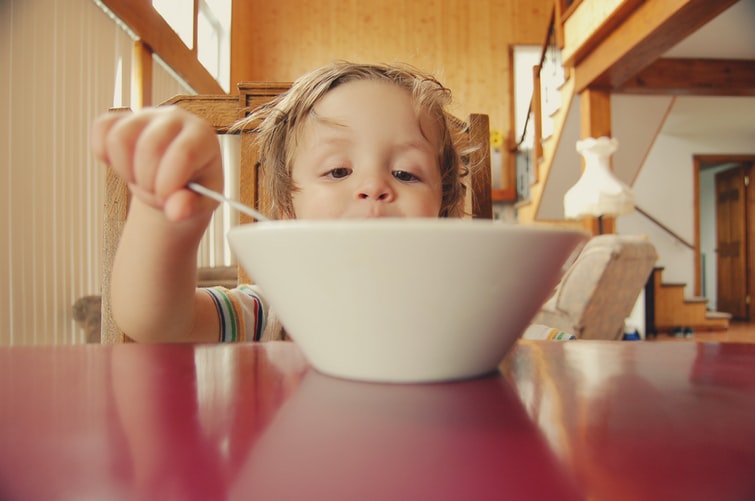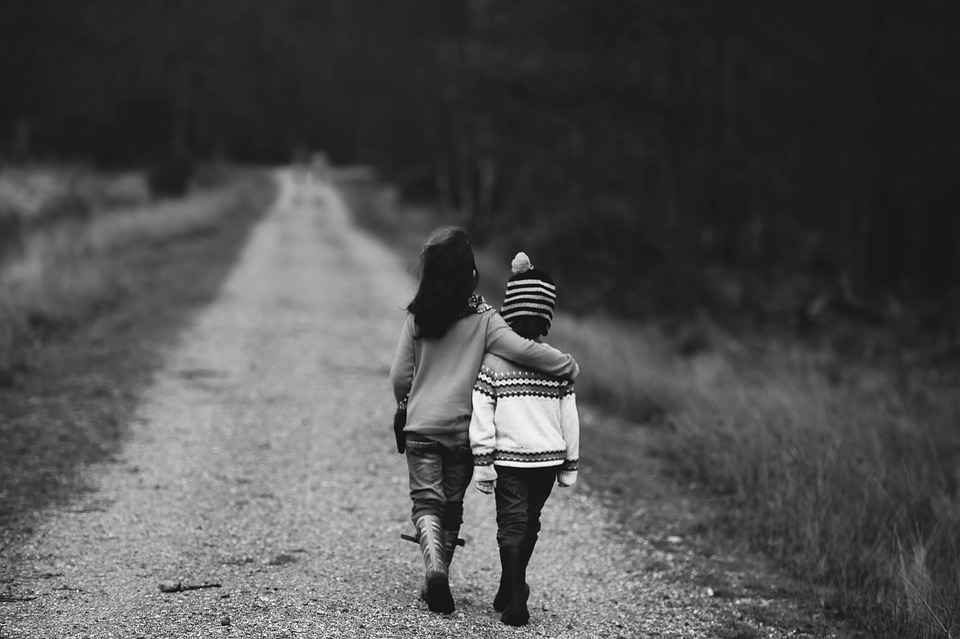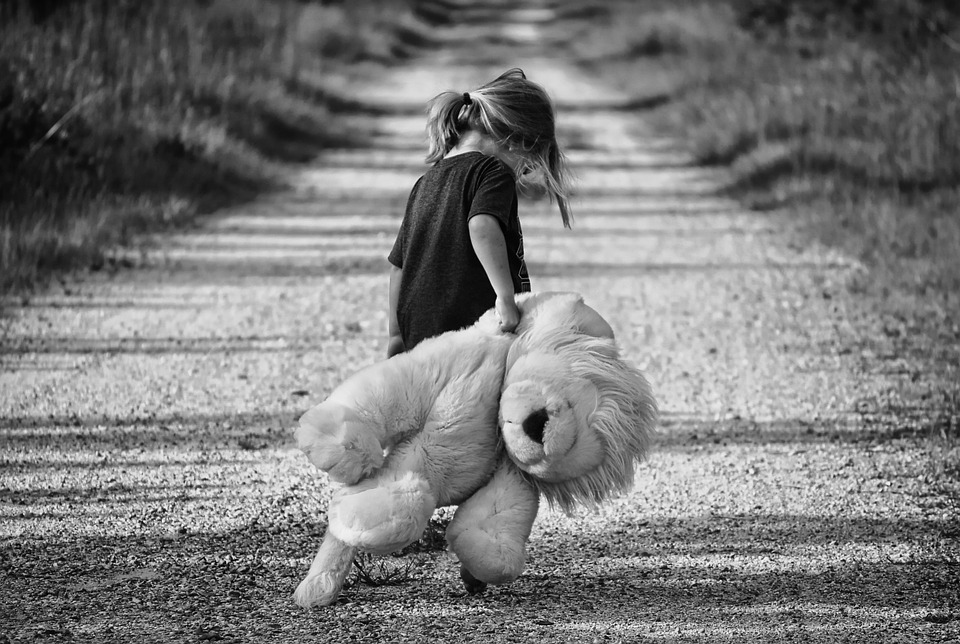In her new book Mind Kind award winning child psychologist, Dr Joanna North, advocates for a new approach to parenting that has kindness and self-compassion at its heart.
The experiences and information discussed in this piece are an edited extract from Mind Kind (Exisle , 2019) by Dr Joanne North, which you can find here.
Over many years of practice with families and my own experience of parenting, I have concluded that love is not, in fact, enough to make you a good parent. I have seen many parents, who without doubt have loved and adored their children, have their children taken out of their care by local authorities.
This is, of course, extremely sad but parents who love their children don’t necessarily help them to develop in a healthy or psychologically coherent way and may take their eye off the task sufficiently that their children are in danger or lose out and are disadvantaged. Conversely, I have met parents who have everything imaginable in their lives in terms of privilege, financial security and status, but this is not the same as offering love and good parenting, and so their children still lose out in terms of feeling secure and loved, despite all these other resources. There are many parents who have very little materially but are able to provide secure and commendable parenting to their children so that they grow up to seek advantageous opportunities.

Many parents, who…loved and adored their children, have their children taken out of their care by local authorities.
So what are the forces at work that guide parents down the right or wrong road and what are the goals we are heading for? Along with commitment, I advocate a more mindful approach to parenting. .
While I don’t want to prescribe a framework, I have put together a set of principles and concepts that I have learnt are of importance to the task. These principles and concepts could be broadly termed as leading to ‘mindful’ or ‘mind-minded’ parenting that is focused on the developing mind of the child and can be corralled under the term ‘Mind Kind’. I want parents to learn the skill of being kind to their child’s mind I intend to make it easy for you to think about these things and have developed the acronym of PATACCAKE, which describes the desirable emotional/feeling states or qualities in parents (rather than a desirable set of prescribed behaviours) that combine to make for Mind Kind parenting. PATACCAKE stands for:
Patience
Acceptance
Tolerance
Attunement
Commitment
Compassion
Awareness
Kindness
Empathy.
We can’t come up with these constructive emotions and states of mind all the time and we are going to have days when we can only just get through living in an accepting way. We all have to live with our reactive emotions and soothe them as best we can, and really, what would life be if we did not have this reactivity to deal with, and how would we teach our children? Polarity is very much part of the world in which we live. But PATACCAKE is a reminder of where we can be, what is hopeful and as an ideal to aim for when we can.
Love is not…enough to make you a good parent.
Sesame seed
I have also built the acronym SESAME SEED. The themes of ‘sesame seed parenting’ form the cornerstones of being a Mind Kind parent and offer the major clues to achieving parenting that makes your children feel good.
Secure
Secure parenting can be achieved by parents who want to know how to support children to feel stable, secure and able to cope with life. This means the child feels good from the inside because they acknowledge their emotional life, including thoughts, feelings and emotions. They will also have some sense of how to organize, manage and regulate these very real forces that flow through their lives for the rest of their lives. Thoughts and feelings affect behaviour and wellbeing, and they represent the workings of our mind. This means that by paying attention to the inner world of children as well as the outer world, parents are offering enduring skills and support through their relationship with their children.
Emotion
The neuroscientific reality is that our emotional lives deeply influence our mind, brain and wellbeing and are a force for survival and contentment rather than an annoying human tendency to be ignored.
Emotions are a communication to us about our sensory response to our environment, our experience of it and our security within that environment. Parents who are mindful of emotion will help their children experience the broad range of their emotional lives and manage these emotions as a flow of energy and information about themselves, their relationships and their environment. Emotions can range from the depths of despair to the heights of joy and we are made to travel through this range, rather than get stuck in one predominant state.
If we can help our children to understand that minds can change, and to be patient with moods and tolerate uncomfortable states of mind, we will be truly helping them to successfully survive.
Symbolic behaviour
All behaviour is a communication about life and a set of symptoms of what is going on for a child in their environment, and their thoughts and feelings about this. We have to help our children become aware of and manage their own behaviour and channel into positive outcomes the natural energetic impulses that are part of life.
Most behaviour relates to human need. Therefore, behaviour is likely to be a map of our child’s needs. If we don’t like it we shouldn’t blame them for it. Instead, we should look at why it is happening and what we can do to change that. We could remember the five basic needs; the need to belong, the need to achieve, the need for fun and enjoyment, the need for freedom and independence and the need to have a sense that we will safely survive. If parents are not fulfilling the totality of these needs, their children will act this out. We need to learn the craft of understanding emotion, thought and behaviour.

Five basic needs; the need to belong, the need to achieve, the need for fun and enjoyment, the need for freedom and independence and the need to have a sense that we will safely survive.
Adversity
Life is never going to be without challenge or change. You have to be prepared for periods of adversity and ‘mend the roof while the sun is shining’. This means that parents have a grip on the realities of life and are prepared for how to cope when children need more of their help than usual.
It is a certainty that life is going to happen to you, just as it does to every other parent around the world. The cycle of life, death and birth, growth and regrowth is just about the only reliable cycle that we can be sure of.. So it is not a case of if you will meet something difficult in your life but when. While we face up to how difficult life can be, we also face up to how resourceful we can be as humans and what we can do when the going gets tough. There are few magical solutions, but we can put in imagination and effort to finding real solutions.
Mindfulness and mental health
Mental wellbeing for children could be described as helping them to organize their minds, along with organizing your mind. You will be making that journey to recovery with your child. Your reaction and response to any condition is going to contribute to their recovery. They will need you to feel stable, informed and sure-footed. They don’t need your anxiety about them to be added into the mix. It is hard for loving and committed parents not to feel panicky about their children at times — this is only natural. We need to attend to our fears and then move forward. Parents and carers need to understand what is happening in their own mind so that they can support their children from a position of strength and security.
Errors in parenting
You will make errors in your parenting. It is not so much the error that you make but the way you put it right that will mean something to your child. So after you shout and overreact (which we have all done) try to understand the situation and talk with your child about it, explaining your reaction and setting out a new plan for a better result next time — both in you and in your child.

After you shout and overreact…try to understand the situation and talk with your child about it, explaining your reaction and setting out a new plan for a better result next time.
Sense of self and self-image
Regardless of the society we live in, image is important. Archaeology is constantly proving to us that men and women in ancient civilizations (Egypt, for example, some 4000 years ago) were just as focused on what they looked like, as well as what they felt like, spending time on artefacts for themselves and their environments, using make-up and painting their experiences in their homes and temples. It is our creative and social instincts that make us focus on how we choose to present ourselves, but there are psychological issues in play because our self-image is based on our sense of self and how we feel we are accepted within society. We expect teenagers to experiment with self-image while deciding who they are and how they want to be, and we may be surprised at who they want to be.
Eating and self-worth
Ultimately you and your children will become what you eat. You have to decide whether you want to feel like a sugar-coated dough monster or a vibrant vegetable or fruit creature. Or maybe somewhere in between. It is almost certain that you will feel like what you eat and that you will eat in a way that is complementary to how you feel. Food as a source of emotion and love our relationship with food as a metaphor for our relationship with ourselves.

Empathy
Empathy is a tool for understanding your children. Empathy might be the nearest substance to magic fairy dust that we humans have. You will have to decide by practice what you think. Empathic responses, rather than immediate reactions, will tell children that you are at least trying to understand them and willing to work with them. Every child and human needs empathy, from when they are the tiniest one hour-old newborn. It is the base for your parenting and love for your children.
Development
Childhood is a journey rather than a destination and children are always travelling in themselves as they grow and develop. It is probably one of the most miraculous things to watch as your children grow, but it is also quite subtle, and some parents find this threatening and don’t want their children to explore new pathways of being themselves as their minds develop. It can be confusing as children change dramatically in their outlook and behaviours or it can be a joyful dance to celebrate life — and in reality will probably be a mixture of both. It helps to inform yourself of some of the expected milestones of development so that you can at least have a map of the journey that is being taken and be prepared.

The most important thing we can be to our children (or anybody else’s children) is kind. The term ‘mind-minded parenting’ tells us to think of the child’s mind as we watch them grow. Always try to think about their developing mind and their developing sense of themselves. Minds grow best in positive emotional environments where children feel understood. If there is one idea to take away it is that whether your children are being really naughty or really perfect, whether they are very settled or quite disturbed, at all times they need your attention and your kind attention to the detail of their lives.
You have to learn to be kind to their developing mind — Mind Kind — and to do this you are also going to have to learn to be kinder to yourself. You cannot give to your children what you have not got inside. This includes the principles of sesame seed thinking combined with qualities of that lovely childhood nursery rhyme PATACCAKE. We can bring PATACCAKE qualities to mind any time we choose. Instead of coming at a child with frustration and rage we could stop to think PATACCAKE. Without these innate universally positive qualities flowing in the environment of your child’s life they will not thrive and — in my view — nor will humankind.
This is an edited extract from Mind Kind (Exisle , 2019) by Dr Joanne North, available form www.exislepubishing.com and wherever good books are sold. RRP $32.99



